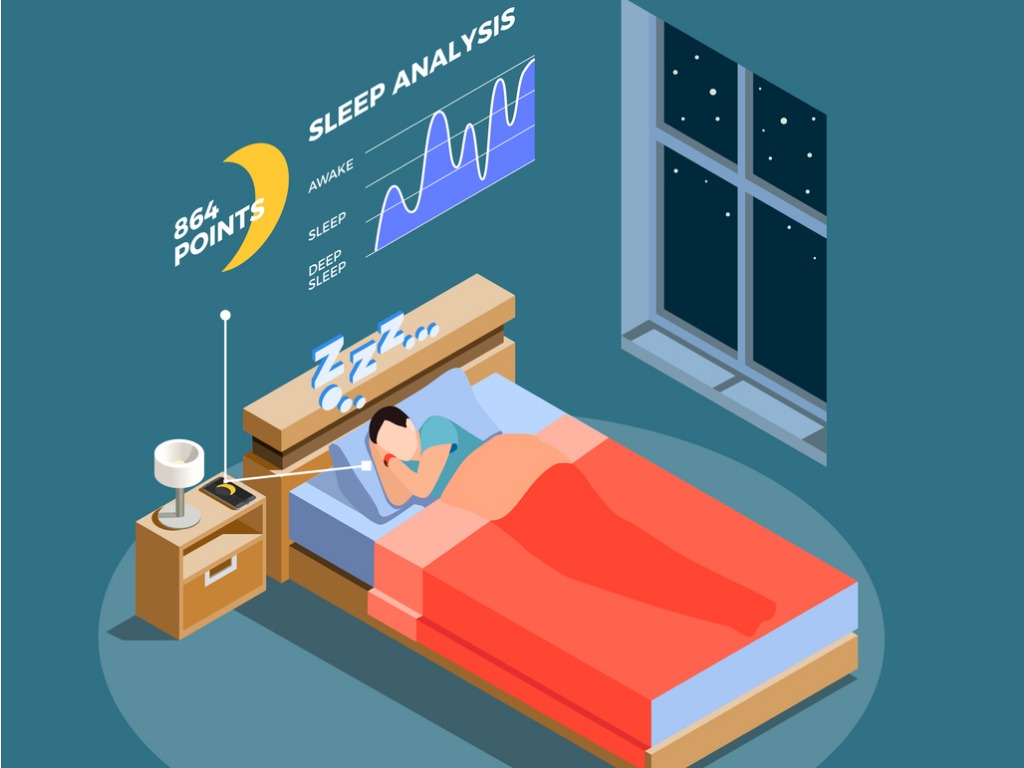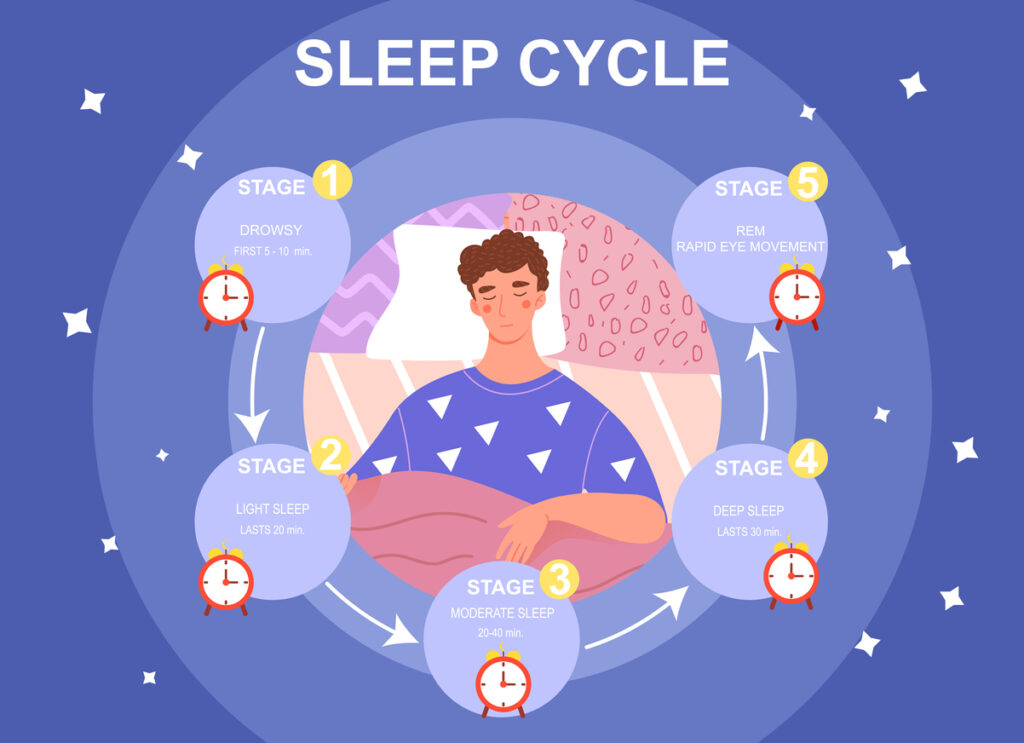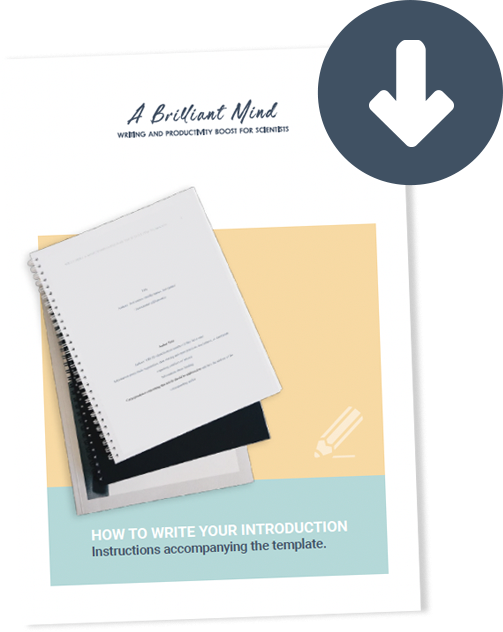I’m not an insomniac per se, but I have problems falling asleep (or going back to sleep) more often than I’d like. So, for a little over a year now, I’ve been trying to improve my sleep. I started by upgrading my bedroom to make it more comfortable and darker at night. I’ve also tried various behavioral changes recommended by sleep professionals, such as going to bed and waking up at regular hours, cutting down on alcohol and coffee, or writing a worry journal before bed. Frankly, I don’t know what to make of all this advice. These changes take a lot of effort, and it’s hard to evaluate what works because every night is different, and so many factors influence sleep. So recently, I decided to take a scientific approach to my sleep by measuring it accurately: With a sleep tracker!
This post is the first in a series on sleep trackers. I explain what sleep trackers are, what they can do for you, and how they work. But it doesn’t stop there! In the coming weeks, I will be publishing a review of the different sleep trackers available on the market, focusing on the scientific evidence that supports their accuracy. Alright! Let’s dive in!

What are sleep trackers?
Sleep trackers are devices that monitor your sleep. Those available on the market provide information about the quantity and quality of sleep. The quantity of sleep corresponds to the total time spent sleeping (experts recommend between 7 and 9 hours per night). The quality of sleep can be assessed with different indicators such as sleep efficiency (how much time did you sleep compared to the total time you spent in bed) or the percentage of time spent in the different stages of sleep.
Why would you need a sleep tracker?
1. Because sleep is vital, to the point that it is scary
Sleep is one of our most critical biological functions. Research shows that it influences all aspects of our lives, such as:
- Our mental health. Healthy sleep enhances well-being. Conversely, chronic insomnia increases the risk of developing anxiety or depression, and, in the long term, significantly raises the risk of dementia.
- Our concentration and productivity. Good sleep improves problem-solving skills and memory performance in both children and adults.
- Our physical health. Sleep influences all biological systems and is one of the main determinants of health and longevity. It is involved in the healing and repairing of the heart and blood vessels. Continued sleep deprivation leads to an increased risk of heart disease, high blood pressure, kidney disease, diabetes, and stroke. Sleep deprivation impairs immune function, even when insomnia is temporary. Finally, men who sleep 5 hours a night have significantly smaller testicles than those who sleep 7 hours or more (if that doesn’t finish convincing you, I don’t know what will 😊).
It’s scary how vital sleep is, especially if you’re not a good sleeper.
2. Because tracking is the best way to reach your goals
The first step to improving any area of your life is to identify where you currently stand, i.e., your baseline. Sleep trackers can tell you how long and how well you’re sleeping and thus whether you need to change anything to maintain good physical and mental health. From then on, you can set goals that are both realistic and challenging enough.
Moreover, you can use the tracker to identify the factors that facilitate or impair your sleep. We’ve all heard that coffee and alcohol disrupt sleep, while exercise should improve it; countless scientific studies support these claims. However, research also shows that this varies from person to person. Some people can drink coffee in the late afternoon and sleep like babies, while my brother-in-law sees his sleep destroyed by a slice of tiramisu at 2 p.m. As for me, I have noticed that prolonged exercise – for example, a several-hour hike in the mountains – prevents me from falling asleep. Yet you will read everywhere that sport is excellent for sleeping. With a sleep tracker, you can learn what works and doesn’t work for you.
Finally, a sleep tracker can help you monitor your progress. Not only is tracking helpful in assessing whether you’re getting closer to your goals, but it can also be motivating. Seeing in the morning on your tracker that you got enough sleep and that your sleep was of good quality is rewarding. And the anticipation of this gratification can motivate you to follow certain good practices in the evenings, such as going to bed early or avoiding alcohol consumption.
3. Because you can’t know how long you sleep without a device
Sleep is a complex activity, and while we do it, we can’t evaluate it because, well…, we’re sleeping. Even something as simple as how long you sleep is difficult to assess if you wake up at night. It’s a classic case of observer effect: The very act of observing the sleeping process affects this process. We all know it: The best way to stay awake at night is to look at your clock every five minutes.
4. Because you can’t know how well you sleep without a device
Duration of sleep is not the only thing that matters; it is also crucial to spend enough time in the different stages of sleep.
There are five stages of sleep: two stages of light sleep (Stages 1 & 2), two stages of deep sleep (Stages 3 and 4), and one stage of rapid eye movement sleep or REM (Stage 5). These stages form a sleep cycle that lasts between 90 and 110 minutes and repeats itself 4 to 6 times a night.

Each of the five sleep stages is essential for physiological and cognitive functions. Light and deep sleep stages help recharge the immune and cardiovascular systems and consolidate memories and neural architecture. In contrast, REM sleep is essential for emotional processing, creativity, and problem-solving. Ideally, your nights should include a high proportion of each of these stages, but this is not always the case. Many episodes of insomnia are characterized by an increase in light sleep and a decrease in deep and REM sleep.
Just as, to have a balanced diet, it is necessary to pay attention to what we eat, to improve our sleep, it is useful to be aware of how we sleep. That’s what sleep trackers are for.
How do sleep trackers work?
Well, it depends. Sleep trackers can take many forms.
Polysomnography (PSG)
The most accurate way to track your sleep is to use polysomnography (PSG). PSG is a device that measures electroencephalography (EEG), blood oxygen levels, heart rate, breathing rate, and eye and leg movements. PSG is the method used by sleep labs: Researchers place electrodes on the scalp, temples, chest, and legs of the sleeper and record the electricity produced by their brain and body. In this way, they can distinguish between wakefulness, light sleep, deep sleep, and REM sleep because each of these states comes with different waveforms.
The problem with PSG is that it is cumbersome, expensive, and uncomfortable. It is a method for diagnosing severe sleep disorders in a hospital setting, not a device you can have in your bedroom. That’s why several companies and laboratories are developing more suitable devices for everyday life.
Wearable devices
There are different types of sleep trackers to use at home:
- Smartphone apps
- Boxes to place on your nightstand
- Smartwatches
- Rings
- Under-mattress pads
These sleep trackers measure different physiological and physical parameters:
- Heart rate and breathing rate
- Body movement, thanks to a built-in motion-sensing device, called an accelerometer
- Temperature, either the skin temperature of the sleeper or the ambient temperature
- Sounds, such as snoring, motion sounds, or ambient noises
These parameters vary according to sleep stages and disorders (e.g., snoring and sleep apnea). Whatever form it takes, the sleep tracker transfers the collected data to a device, usually a smartphone, which runs it through an algorithm to analyze and display different sleep duration and quality scores.
Which sleep tracker to choose?
Now that you’re convinced that you need a sleep tracker in your life, comes the big question: Which one should you choose? This question is tricky because there are dozens of sleep trackers on the market, and finding the right one is no walk in the park. In particular, it’s hard to know which one(s) accurately measure your sleep. What’s the point of getting a sleep tracker if you can’t trust its data? Each company claims to be the best, but there are huge disparities in the performance offered by the different devices.
I have good news, though: In the next few weeks, I will publish a post reviewing the most popular sleep trackers on the market. I’ll describe their features and report the scientific evidence in favor of their accuracy so that you can make an informed decision. In the meantime, I wish you to sleep tight.

How to write your introduction + template
Signup for my newsletter and get your free download!
Writing a good introduction is essential to getting your paper published in a top journal and captivating your readers. It’s essential… and challenging! With this template for writing your introduction, you will find:
- Pre-writing instructions
- Writing instructions
- Explanations on how to use the template
- A checklist to make sure you have included all the important elements for your introduction.
Pingback: The most accurate sleep trackers in 2022 : A Brilliant Mind